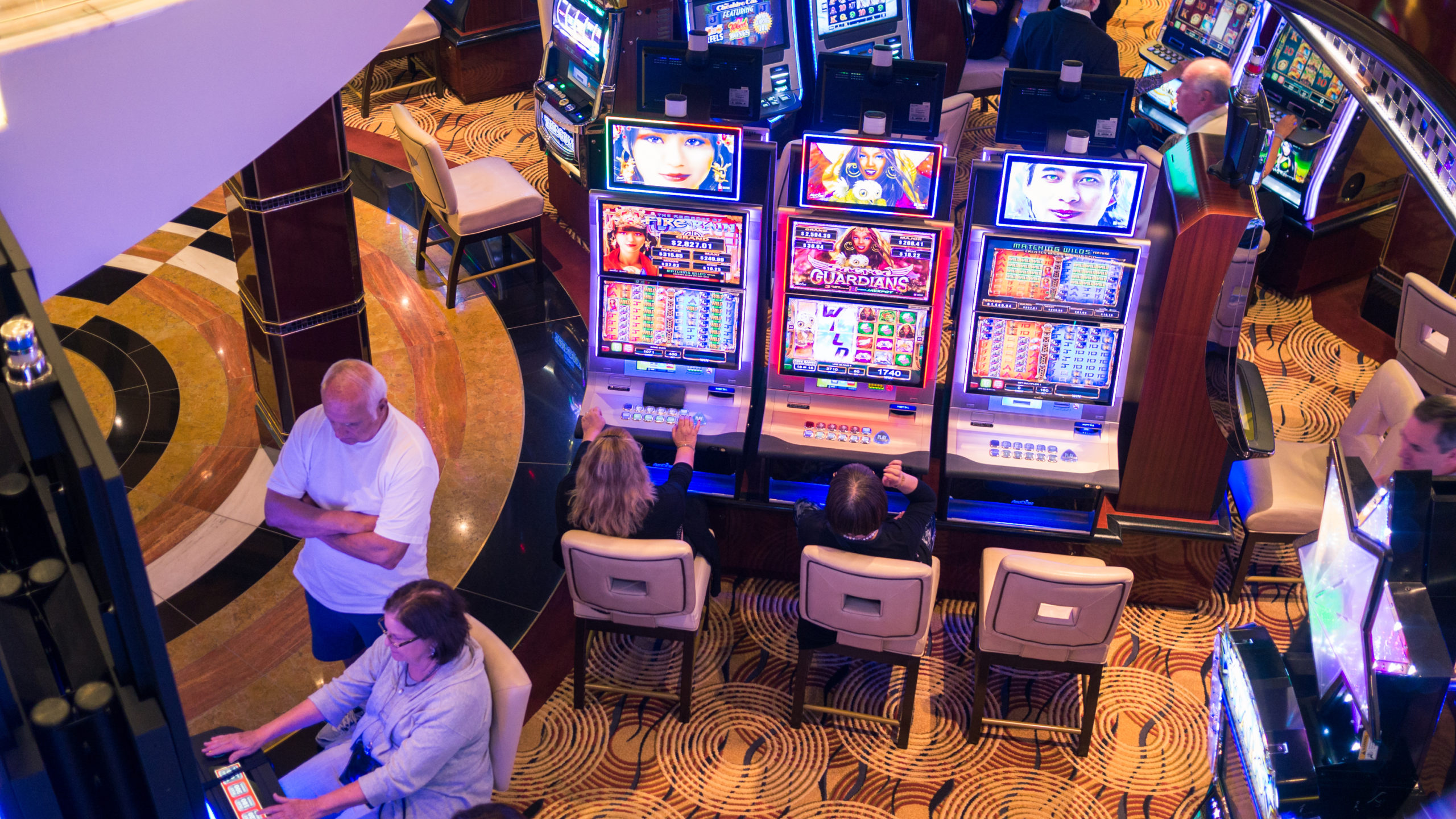
Gambling games have long captured the imagination of people around the globe, becoming an integral part of both leisure and culture. From the glimmering lights of the Vegas Strip to the captivating experience of internet gambling, these games evoke thrill, uncertainty, and sometimes even a sense of remembrance. They are not just just entertainments; they have woven themselves into the fabric of society, influencing various aspects from movies and music to style and books.
The appeal of casino games goes beyond the wagering aspect, tapping into wider themes of serendipity, chance, and social interaction. As players gather around a card table or turn the wheel of fortune, they engage in an timeless ritual that echoes with our communal desire for adventure and uncertainty. This fascination has led to the emergence of countless references in films, songs, and electronic games, showcasing how intensely entrenched these pastimes are in pop culture. Whether it is the high-stakes tension of a classic robbery film or the vibrant nightlife portrayed in recordings, casino games have established a substantial role that reflects our relationship with risk.
Social Impact of Casino Activities
Gambling games have played a key role in social contexts throughout the ages. Originating from old civilizations, forms of chance were often linked to rituals or events. For example, early iterations of gambling can be linked back to historic China and the Roman Empire, where dice games and betting on results were popular pastimes. These activities not only served as entertainment but also as means of social interaction, facilitating connections among people within societies.
As societies evolved, so did the complexity and structure of gambling games. trực tiếp đá gà The establishment of official casinos in the 17th century, particularly in Italy, marked a notable shift in how games were viewed and organized. With designated spaces for gaming, the casino became a community center where people from different backgrounds gathered. This change contributed to the legitimization of the industry, transforming it from a mere pastime into an organized industry that influenced economy and regulations.
The impact of gambling games on mainstream culture cannot be overlooked. As they were popularized in books and movies, games such as poker and blackjack became icons of risk, luck, and tactics. Famous characters and stories have emerged around these activities, illustrating societal attitudes towards fortune, prosperity, and immorality. This interest with casino games has permeated various forms of entertainment, solidifying their place in the public imagination and connecting them to wider cultural narratives throughout the ages.
Portrayal of Casino Games in Entertainment
Casino games have long been a popular theme in various forms of media, reflecting both the thrill and complexities of the world of gambling. Movies such as Ocean’s Eleven and Casino Royale portray figures who navigate high-stakes environments, showcasing not only the allure of the gambling environment but also the tactics and judgments that come with playing popular games like Texas Hold’em and 21. These films often dramatize the exhilaration of winning and the potential results of losing, encapsulating the dangers involved in gambling.
TV programs have also explored the universe of casino games, often integrating them into the plot as a setting for story progression and tension. Series like Vegas depict the lives of casino workers and casino-goers, highlighting the lively, often chaotic energy of the gaming floor. Reality shows featuring intense gambling competitions further emphasize the fascination of gambling activities, drawing viewers into the drama and tactics involved in each game. Through these depictions, media not only entertains but also stimulates conversations about fortune, expertise, and the character of chance.
Digital games have increasingly integrated casino games into their development, allowing players to experience the experience of gambling without financial risk. Games within the realm of digital gaming often include online slot machines, online poker, and other popular casino games, creating an interactive experience that mirrors real-life gameplay. These virtual portrayals make casino games accessible to a global audience, appealing to both players who indulge and those who enjoy the excitement of simulation. As a outcome, the portrayal of casino games in media continues to shape public perception and cultural relevance, highlighting their function in society and culture.
Impact of Gambling Activities on Communities
Gambling activities have a significant impact on society, affecting various aspects of societal norms and social behavior. They often function as a venue for community engagement, where people come together to experience a shared experience. Casino trips with friends or visits to casinos become social activities that build connections and create memories. This collective aspect boosts the fun value of gambling activities, making them a popular choice for festivities and recreational pursuits.
Additionally, casino games have been portrayed in countless movies, television shows, and literature, influencing perceptions and attitudes towards gambling and betting. Icons like James Bond playing baccarat or the high-stakes poker scenes in films have embedded these games in the shared imagination. This depiction often glamorizes the culture associated with casino activities, attracting new players and influencing trends in both fashion and behavior. These portrayals can spark curiosity and lead to a deeper exploration of the nuances of gaming.
However, there are also negative consequences associated with the popularity of gambling activities. The temptation of quick monetary gain can lead to gambling addiction and economic troubles for some people. The community must contend with these issues, promoting responsible gaming and education of the risks involved. Balancing the fun aspect of gambling activities with the risks is vital to ensure that they continue to be a positive aspect of our cultural landscape.
